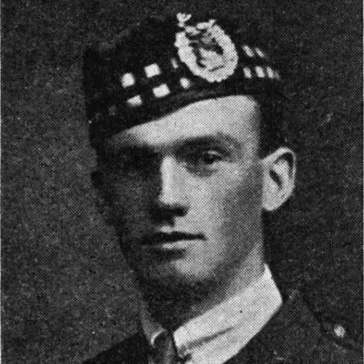
The aim of the Peace Society was to encourage critical debate on the subject of war and the possible ways it could be prevented. Meetings usually took place monthly, sometimes in conjunction with the Sociological Society and the Christian Union, and were often addressed by a speaker who would provide a lecture on a related topic. A constitution was drawn up which established a committee made up of a President, Vice-President, Secretary and Treasurer, Sub-Secretary and six ordinary members, 'of whom two at least shall be ladies.'
The first meeting took place on the 24th October 1912 and was attended by Dr W. Evans Darby, secretary of the British Peace Society. In his lecture, he encouraged the students to discuss 'the best means of averting the necessity for war.' Subsequent lectures and discussions included topics such as war and social evolution, Anglo-German relations, international courts and how economic ties could bind nations together. However, the minute book ends abruptly, with no explanation given, in January 1914.
The life and death of the Society’s secretary, William Henry Sutherland, illustrates at once the fate of the Society and the tragedy of war. He graduated in 1914 with an M.A. (First Class Honours in Economic Science and Second Class Honours in Classics) and he won the Liddel Greek Prize in 1912 and 1914. In March 1913 he had enlisted in the 4th Gordon Highlanders and then he served in the ranks at home and then in France from February 1915 till December 1916, when he was commissioned. In October 1917 he was mentioned in dispatches and was awarded the Military Cross. He remained in France, taking part in much severe fighting, till he fell in action, while serving with the 12th Royal Scots, on the Canal du Nord, on 23 March 1918.
Despite the ultimate failure of the international peace movement in achieving its grand aims this record of the activities of the Society are important as evidence of pacifist feeling amongst certain sections of the student body and illustrate how national and international peace organisations tried to influence students across the world to use their voice to try and halt the slide to war.
For more information see the Aberdeen University Peace Society minute book, 1912-1914 (MSU 651) and the Society journal Concordia, 1913 (L pPer Aa P83 C).
